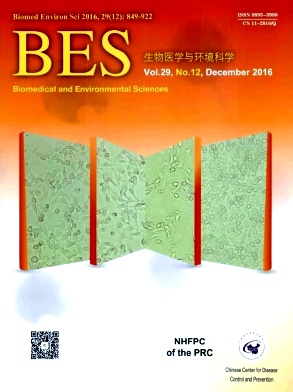Does Periconceptional Fish Consumption by Parents Affect the Incidence of Autism Spectrum Disorder and Intelligence Deficiency? A Case-control Study in Tianjin, China
doi: 10.3967/bes2016.118
-
Key words:
- Parental fish consumption /
- Periconception /
- Autism spectrum disorder /
- Intelligence deficiency
Abstract: Objective This study aimed to explore the association between periconceptional fish consumption by parents and autism spectrum disorder (ASD) and intelligence deficiency (ID). Methods A case-control study was conducted through a questionnaire with 108 ASD cases, 79 ID cases, and 108 controls. The ASD and ID cases were students from special educational schools in Tianjin from 2012 to 2014. The age- and sex-matched controls were from a high school, three primary schools, and a kindergarten in Tianjin. Multivariate logistic regression was performed. Results Paternal habit of eating hairtail before fertilization, maternal preference for fruits during pregnancy, and maternal habit of eating grass carp during pregnancy were preventive factors for ASD. Paternal habit of drinking alcohol before fertilization was a risk factor for ID, whereas maternal preference for fruits during pregnancy and maternal habit of eating crucian carp during pregnancy were protective factors for ID. Conclusion Parental fish consumption is beneficial for the prevention of ASD and ID. Meanwhile, the protective effects of fish consumption on ASD and ID differ. More attention should be paid to the combined effect of other food when eating fish.
| Citation: | GAO Lei, CUI Shan Shan, HAN Yu, DAI Wei, SU Yuan Yuan, ZHANG Xin. Does Periconceptional Fish Consumption by Parents Affect the Incidence of Autism Spectrum Disorder and Intelligence Deficiency? A Case-control Study in Tianjin, China[J]. Biomedical and Environmental Sciences, 2016, 29(12): 885-892. doi: 10.3967/bes2016.118 |







 Quick Links
Quick Links
 DownLoad:
DownLoad: